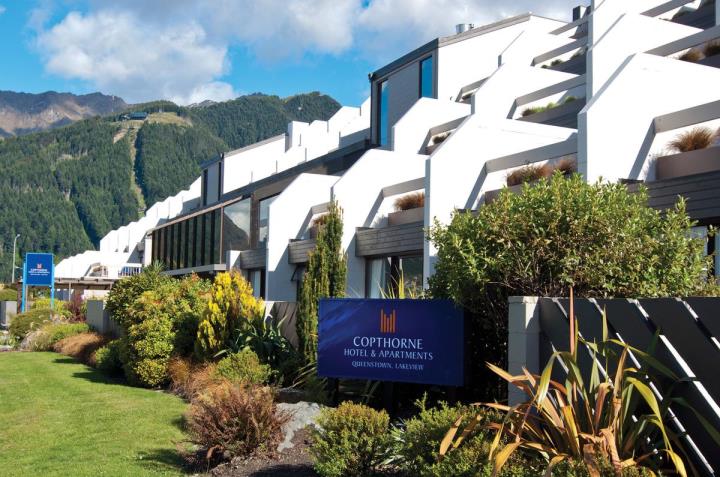One of New Zealand’s biggest hotel chains, Millennium & Copthorne Hotels, says it has cut hundreds of staff as a result of the effects of Covid-19 on the tourism sector.
The company began closing hotels not long after New Zealand entered level 4 lockdown in March.
It said on Tuesday May 26 that it had been forced to make decisions about its workforce that had affected 70 per cent of its employees.
Before the coronavirus pandemic, it employed over 1300 people at its hotels, chairman Graham McKenzie said.
“We have lost and will be losing many long-serving and very loyal employees as a direct result of this crisis.
“We are sorry to see them go and hopefully we will see some of them again when tourism gets back to more normal levels.”
Half of Millennium & Copthorne’s business had come from overseas before New Zealand’s borders closed, he said.
Business confidence among New Zealand’s hard-hit hotel sector is much bleaker than business confidence in general, according to a recent survey. The New Zealand Hotel Market Sentiment Survey was undertaken by Horwath HTL and Tourism Industry Aotearoa to examine how the COVID-19 pandemic is affecting hoteliers’ outlook for the New Zealand hotel market in general and their hotel in particular.
115 hoteliers responded to the survey which was carried out between 30 April and 5 May 2020. Forty-percent of respondent hotels are already fully closed and with little prospect of New Zealand’s borders opening to international visitors any time soon, the outlook for the next two years is bleak.
Seventy-three percent of respondents expect that trading conditions for their hotel in 24 months’ time will have deteriorated compared to 2019.
These results equal a business confidence score for the two year period of -64% (percentage expecting improvement minus percentage expecting deterioration). “This is worse than results reported by the latest ANZ bank business confidence survey, where for the next 12 months, a net 55% of firms expected weaker activity for their own business,” Horwath HTL Director Wim Ruepert says.
“These results come at a time when hotels reported an average occupancy of 14.9% in April. The survey found that 68% of hotels in regional areas are fully closed. In Auckland, where some hotels are being used for quarantine purposes, 20% of hotels are closed.
Only 11% of Queenstown hotels are fully operational with 58% fully closed.” The impact of the pandemic on hotel employees is extremely high with most hotels expecting heavy redundancies when the Government’s wage subsidy scheme ends in June.
“Overall, hoteliers expect to reduce the number of employees by an average of 56%. Job losses in the main visitor destinations are expected to be higher, from 69% for Queenstown hotels to 89% for hotels on the West Coast,” TIA Hotel Sector Manager Sally Attfield says. “Hoteliers have no choice but to let their people go, as they are not expecting to continue receiving Government wage subsidies for the next two or three years until the demand for hotels has recovered.”
Sixty-six percent of hotels expect to make a cash-loss in 2020 (negative operating cash flow) and are calling for ongoing financial assistance from the Government, including a significant budget increase to provide Tourism New Zealand with the required resources to help fill their hotels. For more details from the survey, go to: https://tia.org.nz/assets/2bfd1f7d44/NZ-Hotel-Survey-Draft-WR-10.05.2020-v.2.2.pdf








